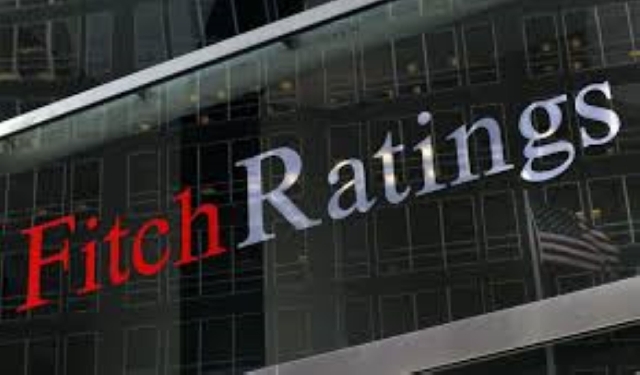Eco symbolic – Fitch
 Fitch
Fitch
International ratings agency, Fitch, has said the currency reforms in the West African Economic and Monetary Union (WAEMU) announced by Ivory Coast President Alassane Ouattara, are mainly symbolic, as the peg to the euro will be maintained and the currency will continue to benefit from a convertibility guarantee.
As a result, it said the changes to the currency do not fundamentally alter the external liquidity risks of Benin (B/Positive) and Ivory Coast (B+/Positive).
It also said there will be minor technical changes to the set-up of the convertibility guarantee without changing its purpose or core functioning.
The currency reforms will take effect once agreements are formally signed, which is planned later in the year.
They comprise of three elements: the West African CFA franc will now be called the 'eco' in the WAEMU; the regional central bank, Banque Centrale des Etats d'Afrique de l'Ouest (BCEAO), will no longer have to deposit at least 50% of its international reserves on its 'operations account' at the French Treasury; and France will no longer be a member of the board of directors or the monetary policy committee at the BCEAO, or of the regional banking commission.
Ghana is anxious to join the common currency programme but she has not met two of the four convergence criteria: a single-digit inflation rate at the end of each year, a fiscal deficit of not more than 4% of the GDP, a central bank deficit-financing of not more than 10% of the previous year's tax revenues, and gross external reserves that can give import cover for a minimum of three months.
Fitch said the agreement will maintain the peg to the euro at the same parity level (ECO655.957 per EUR1), and the convertibility to the euro guaranteed by the French Treasury.
“It is likely that there will be minor technical changes to the set-up of the convertibility guarantee, without changing its purpose or core functioning. Fitch believes the convertibility guarantee helps limit external liquidity risks.”
However, it emphasised: “As under the previous system, the guarantee does not protect against a sustained deterioration of external solvency, for example due to excessive region-wide current account deficits.”
Additionally, the transfer of all of the WAEMU's foreign-exchange reserves to the BCEAO does not fundamentally change the region's liquidity risks.
Fitch considers the BCEAO's reserve reporting as credible, and expects economic policies to continue to support the current level of international reserves. There is, nonetheless, a risk that the BCEAO may be affected by the loss of its current access to preferential interest rates on its deposits at the French Treasury.
“We believe that more substantial changes to the exchange-rate regime, such as a departure from the peg, are only a long-term possibility”, the international ratings agency emphasised.
Source: classfmonline.com
Trending News

Surrender Ghana to the Lord – Alan to Akufo-Addo gov't
13:42
Naa Okromo not pregnant – Gender minister-designate says she'll be reunited with her parents
20:33
Lagos officials praise Jospong Group’s eco-friendly waste management module, eyes similar module
12:57
Economist adopts 13 constituencies to bolster NDC's chances in 2024
13:29
Policeman crashes to death while in hot pursuit of road traffic offender
20:25
'It's no crime' – Abu Sakara defends Alan's NPP exit
12:52
Ashanti ECG workers go red, ban managers from security meetings over GM's arrest
12:09
'It's disrespectful!' – Asogli State tackles gov't's 'no-consultation' move to rename Ho Tech. Uni. after Ephraim Amu
13:23
KTU power cut: You're not our boss - ECG workers demand apology from Ashanti minister for causing GM's arrest
19:43
NDC postpones Opoku-Agyemang entry tour to May
15:48



